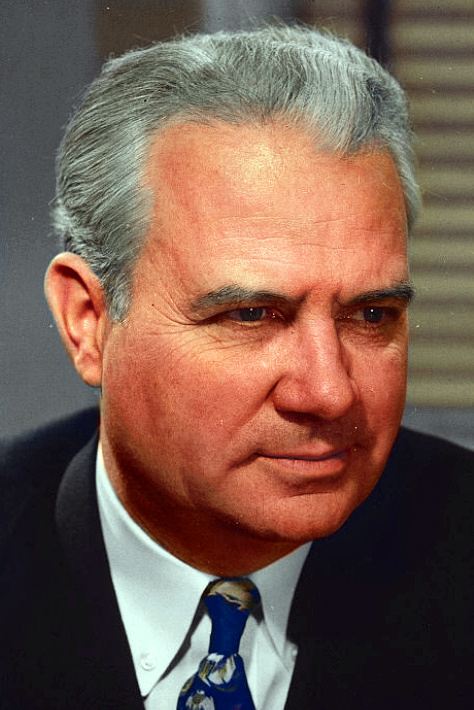
Roving Reporter
By Ernie Pyle
In Italy – (by wireless)
Maj. Ed Bland, commander of the dive-bomber squadron I’ve been with, is the most envied man in the squadron. That’s because he acquired four cases of Coca-Cola.
Maj. Bland accomplished this remarkable feat by getting acquainted with a naval officer. The Navy often has such rarities as this, and is usually good about sharing them with Army friends.
The major is a very popular man ordinarily but now he has become doubly popular. The Coca-Cola is down to two cases already and going fast.
Speaking of Coca-Cola, do you remember the item in this column a month or so ago, about the soldier who got a bottle of it from home and decided to give it as first prize in a lottery? The proceeds were to be used for adopting the child of a soldier killed in this outfit.
When I left them, more than $1,000 had already been taken in. I haven’t had a chance to get back there and find out who won the bottle, but here’s the reason I bring the subject up again:
Rome radio’s version
It seems the Rome radio picked up the item, completely distorted it, and used it for home-front propaganda. The way it came out on the Rome radio was that our soldiers were so short of supplies they were paying as high as $10,000 for just one bottle of Coca-Cola. They not only gave the story a completely false meaning but they deftly added $9,000 to the kitty. Well, that’s one way to fight a war.
Back to Maj. Bland – he never knows what to say when people ask where he’s from. Sometimes he answers Oklahoma and sometimes Colorado.
He was raised in Waurika, Oklahoma, where his parents still live. But he married a girl from Fort Morgan, Colorado, and home to most soldiers is wherever their wife is. Ed’s plane is named Annie Jane for his wife.
He has seen their baby only once – he got home for a few hours when the baby was four days old, and then came right overseas.
His father is agent for the Rock Island Railway. Ed often thinks how ironic it is that his father has spent a lifetime making trains run and here his son is overseas shooting up trains as fast as he can so they won’t run.
Best friend down there
Ed has had one of the “small world” experiences, only it hasn’t finally culminated yet. His best friend back in Waurika was a doctor named Ralph S. Phelan. They haven’t seen each other for three years and had lost track of each other.
But just the other day Ed found out that his friend is Capt. Phelan of the Medical Corps and that for months he has been up in the frontlines here in Italy working right below the skies where Ed does his dive bombing every day. They haven’t yet got around to seeing each other.
The youngest pilot in the squadron is Lt. Robert L. Drew, who is 19. He comes from Fort Thomas, Kentucky, but as young as he is he outranks his own father, for young Drew is a first lieutenant while his dad is only a shavetail.
The father, Robert W. Drew, was in the Navy in the last war, ran a flying-boat service on the Ohio River in recent years, and is now a ferry-command pilot back home.
One of my friends in this squadron is Cpl. Adolph Seeger, who owns a farm two miles outside of Evansville, Indiana. Cpl. Seeger is a driver. Although most of the other enlisted men live in the same apartment building the pilots live in, Cpl. Seeger voluntarily sleeps in a tent at the motor pool in order to be near at hand in emergencies.
Cpl. Seeger thinks it is odd that he should be over here driving a car which doesn’t seem to him very important, while at home his 64-acre farm lies idle because there’s no one left to farm it. His mother lives there all alone.

